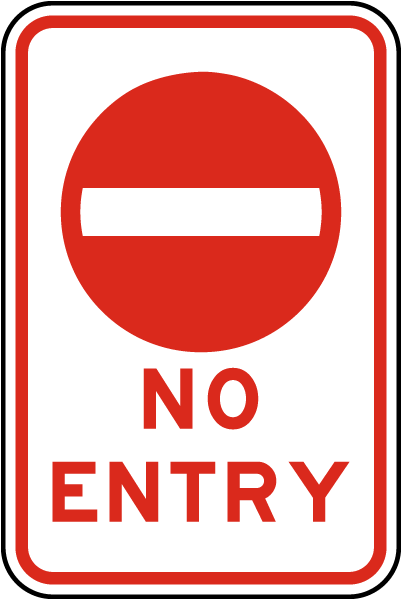
Blocking search engine bots and crawlers from accessing your website is generally a bad idea if your goal is to achieve good SEO rankings and search engine indexing. Here’s why:
- Invisibility to Search Engines: When you block bots and crawlers, your website becomes invisible to search engines like Google. They won’t be able to index your content, understand its relevance, and rank it in search results.
- Loss of Organic Traffic: Organic search traffic from search engines is a significant source of visitors for most websites. Blocking search engines means you’ll miss out on this valuable source of traffic.
- Reduced Discoverability: New content and updates on your website won’t be discovered and indexed promptly, which can lead to delays in search engines showing your latest content in search results.
- Keyword Ranking: To rank well for specific keywords and phrases, your content needs to be indexed by search engines. Blocking bots hinders your ability to rank for relevant search terms.
- Competitive Disadvantage: Your competitors, who allow search engines to crawl and index their websites, will have a competitive advantage in search engine rankings.
- Penalties for Cloaking: Some search engines may interpret blocking as an attempt to deceive or manipulate search rankings (a practice known as cloaking). This can lead to penalties and negatively impact your site’s trustworthiness.
- Unintended Consequences: If you block bots but still want some pages to appear in search results, it becomes challenging to manage which pages are accessible to search engines and which are not. This can lead to inadvertent exclusions.
Instead of blocking search engine bots, it’s generally recommended to make your website as accessible and search engine-friendly as possible. Here are some tips for better SEO:
- Robots.txt: Use the “robots.txt” file to specify which parts of your site should not be indexed. This allows you to prevent search engines from indexing private or sensitive areas while still allowing them to crawl and index the rest of your site.
- Meta Robots Tags: Use “meta robots” tags in your HTML to control indexing on a page-by-page basis. For example, you can use “noindex” to prevent indexing of specific pages.
- XML Sitemap: Create an XML sitemap that lists all the important pages on your site and submit it to search engines. This helps them understand your site’s structure and index it more efficiently. You can do this easily with the UltimateWB built-in Sitemap Generator.
- Quality Content: Create high-quality, relevant, and original content that appeals to your target audience. This is the most important factor for good SEO.
- Mobile Optimization: Ensure your website is mobile-friendly, as mobile-friendliness is a ranking factor for search engines. When building your website with UltimateWB, you can make your website responsive with the click of a button, with the built-in Responsive App.
- Site Speed: Optimize the speed and performance of your website. Faster-loading pages tend to rank better.
- Backlinks: Earn high-quality backlinks from reputable websites. These can improve your website’s authority and rankings.
In summary, blocking bots and crawlers is generally detrimental to SEO and search engine indexing. Instead, use standard practices to control how search engines index your site while keeping it accessible and optimized for search engine visibility.
Are you ready to design & build your own website? Learn more about UltimateWB! We also offer web design packages if you would like your website designed and built for you.
Got a techy/website question? Whether it’s about UltimateWB or another website builder, web hosting, or other aspects of websites, just send in your question in the “Ask David!” form. We will email you when the answer is posted on the UltimateWB “Ask David!” section.


